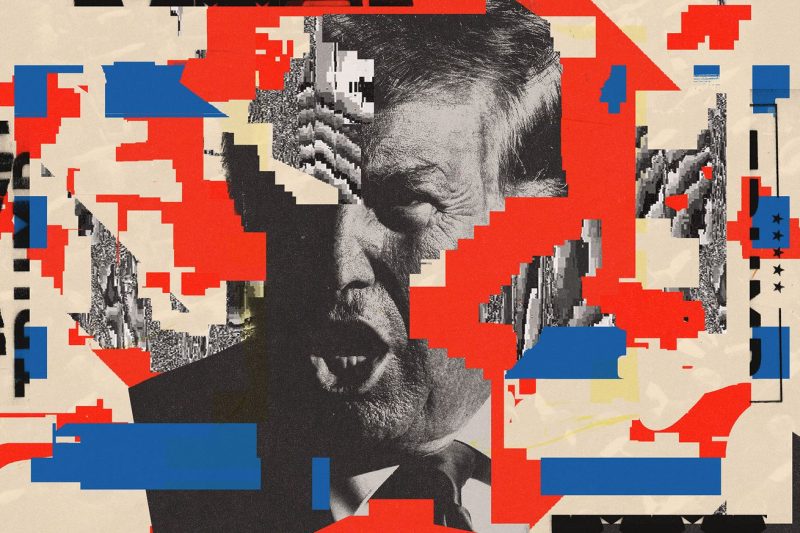In recent years, the United States has experienced a surge in school shootings and preventable diseases like measles, sparking widespread concern and debate about the underlying causes and possible solutions for these pressing issues. One controversial viewpoint that has emerged is the assertion that a vote for Donald Trump is linked to the rise of school shootings and measles outbreaks in the country.
The argument posits that certain policies and positions taken by the Trump administration have contributed to the exacerbation of these two critical problems. Critics argue that the lax gun control laws supported by Trump and his allies have made it easier for individuals to obtain firearms, increasing the risk of mass shootings in schools. Additionally, the Trump administration’s stance on vaccination and public health funding has been called into question, with concerns raised about the spread of preventable diseases like measles due to low vaccination rates in certain communities.
Critics of the Trump administration argue that the president’s inflammatory rhetoric and divisive leadership style have also played a role in the escalation of school shootings and the resurgence of diseases like measles. They claim that Trump’s polarizing language has contributed to a culture of violence and intolerance, which can fuel extremist ideologies and lead to acts of violence in schools. Moreover, the president’s vocal skepticism of vaccines and baseless claims about their safety have undermined public trust in immunization programs, making it harder to control the spread of contagious diseases like measles.
Proponents of the argument further point to Trump’s close ties to the National Rifle Association (NRA) and his reluctance to support comprehensive gun control measures as evidence of his role in enabling school shootings. They argue that the NRA’s powerful influence on the administration has hindered efforts to enact meaningful gun reform, leaving schools vulnerable to gun violence and putting students at risk.
Similarly, critics highlight Trump’s administration’s handling of public health crises, such as the measles outbreaks in various states, as a reflection of its disregard for evidence-based policies and scientific expertise. By downplaying the importance of vaccines and casting doubt on the scientific consensus on immunization, the Trump administration has been accused of contributing to the spread of misinformation and fueling vaccine hesitancy among the public.
In conclusion, the argument that a vote for Donald Trump is linked to school shootings and measles outbreaks in the US raises important questions about the role of political leadership and policy decisions in shaping public health and safety. While this viewpoint is contentious and subject to debate, it underscores the need for a comprehensive approach to addressing the complex issues of gun violence and infectious diseases in the country. By examining the intersections of politics, public health, and social factors, we can work towards creating a safer and healthier future for all Americans.


























